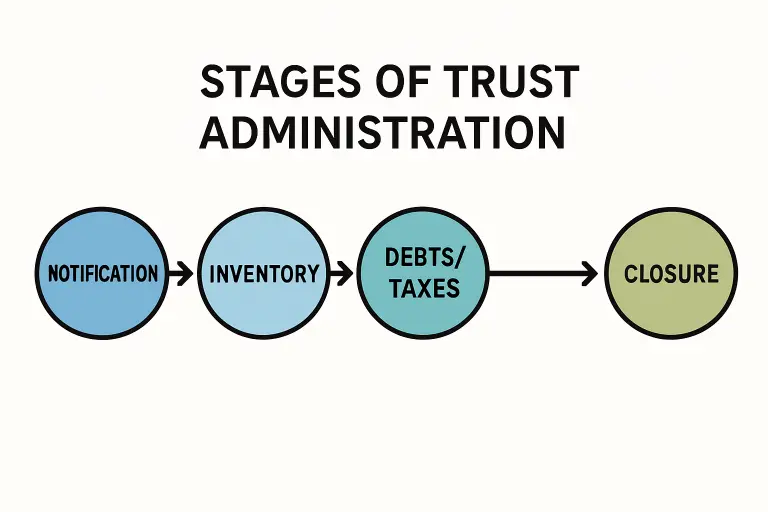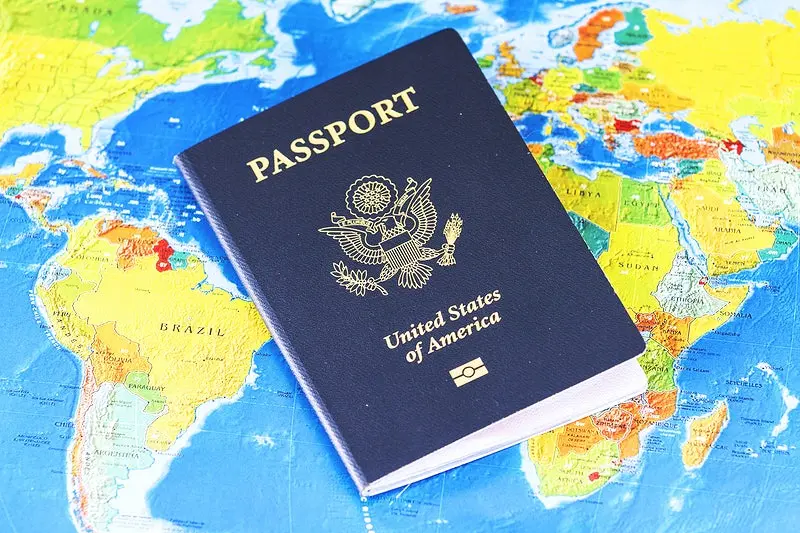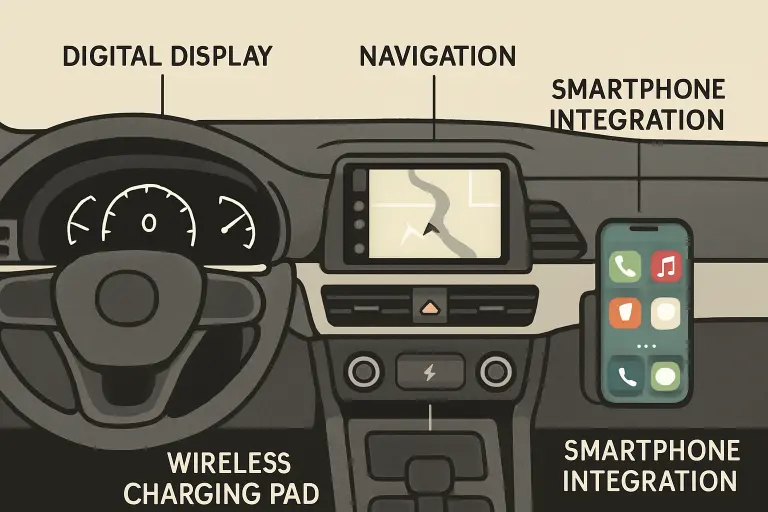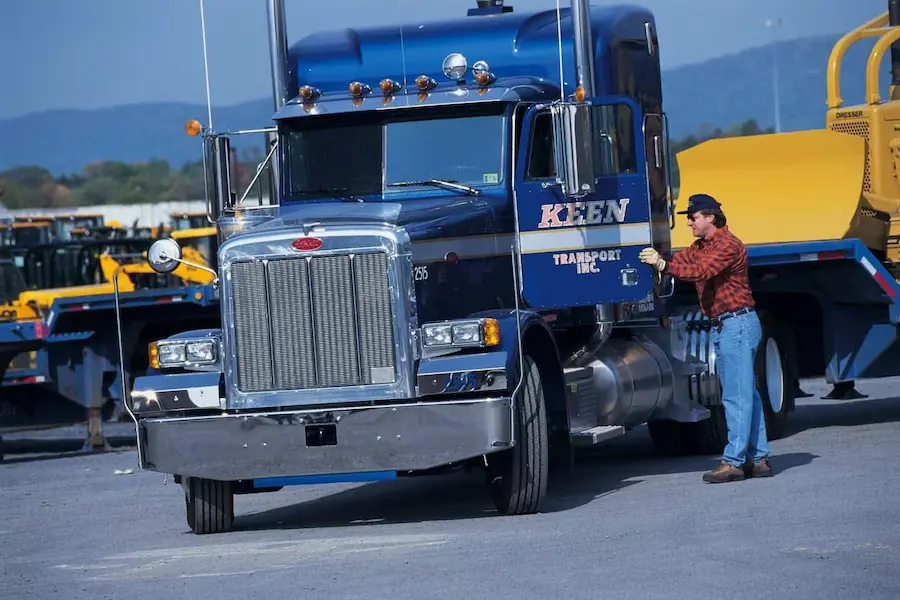Table of Contents
Key Takeaways
- Understanding the synergy between current technologies and corporate travel management.
- Exploring the influence of digital tools on improving travel logistics for businesses.
- Highlighting cost-effective approaches and the significance of data in travel planning.
- Considering employee well-being as a core element of travel policies.
Embracing Digital Transformation in Travel Logistics
The embrace of digital transformation within the ecosystem of travel logistics has ushered in an era of unprecedented efficiency and connectivity. Today’s digital travel platforms extinguish the barriers that once fragmented trip planning, management, and traveler support concerns—delivering an all-encompassing solution. The precision and dependability of these digital systems cut down on time spent on administrative tasks and significantly reduce the margin for error, ensuring a steadfast travel arrangement framework.
Indeed, a comprehensive review published by Forbes delves into the profound impacts of technological advancements in enhancing corporate travel. It underscores how these digital platforms simplify travel logistics and imbue the process with increased effectiveness and productivity—a boon for businesses globally.
The Role of Technology in Streamlining Business Travel
The domain of business travel management has experienced a paradigm shift owing to the rapid uptake of technological solutions that drastically enhance the efficiency of travel-related operations. One of the exemplars in this realm is a sophisticated customer loyalty app that offers personalized travel experiences while reinforcing customer relationships. These technological interventions present organizations with newfound flexibility, responding with agility to the ever-evolving business travel requirements, thus manifesting a more efficient and proactive management model.
Strategies to Reduce Travel Expenses Without Compromising Quality
Financial prudence plays a starring role in the careful orchestration of corporate travel, as businesses are constantly scouting for methods that curtail expenses without yielding on the overall quality of travel. A diverse array of strategies is lined up for this very purpose—from advocating for bookings to opting for accommodations that balance comfort and cost and leveraging the troves of travel data available for intelligent travel blueprinting. Such approaches contribute to direct reductions in travel expenditures and create a more predictable and controllable travel budgeting process.
Utilizing Travel Analytics for Cost-Effective Decisions
Harnessing the power of analytical tools to dissect and digest travel data equips organizations with the insight to identify cost-saving patterns and make financially informed decisions. By mapping out and analyzing expenditures on past travels, businesses can uncover opportunities to negotiate more favorable deals and identify scenarios conducive to bulk savings. This forward-thinking, data-driven methodology ensures companies can optimize every aspect of their travel spending while facilitating an exceptional and productive employee travel experience.
Enhancing Policy Compliance and Risk Management
In the intricate web of corporate travel management, complying with established travel policies is not just a means to streamline operations—it’s a critical requisite for containing costs and reducing potential risks. A robust travel policy underpins the company’s efforts to secure its financial and operational interests while ensuring its employees operate within reasonable oversight. Redrafting travel policies to encapsulate provisions that respect employee preferences and respond to emergencies can dramatically improve compliance rates, ensuring duty of care without overstepping into impractical constraints or excessive micromanagement.
A Bloomberg report aptly discusses the shifts in corporate travel policies wrought by recent global circumstances, bringing issues like traveler safety and policy flexibility to the forefront, thereby driving a transformation in corporate travel compliance and strategy landscape.
Prioritizing Employee Well-being in Travel Arrangements
The contemporary narrative of travel management transcends beyond the mere logistics of movement, extending its reach into the realms of employee well-being. Pioneering companies are beginning to look at travel through a holistic lens, recognizing travel experience as an opportunity to endorse physical and mental health. Principles of well-being are finding their way into the practicalities of travel planning, with businesses endorsing travel options that promote rest, relaxation, and health—all reflective of an overarching commitment to the well-being of their employees.
Aligning Travel Policies with Employee Expectations
As business enterprises evolve and employee expectations shift, travel policies are being re-calibrated to marry company protocols with the aspirations of the modern-day workforce. This translates into contemplating aspects such as enabling a favorable work-life balance, ensuring adequate downtime during business trips, and offering amenities conducive to relaxation and wellness. Corporations showcase their dedication to nurturing a supportive, innovative, and wellbeing-centric environment by aligning travel guidelines with such considerations.
Leveraging Travel Data for Ongoing Optimization
A data-centric approach is the cornerstone for decision-making and strategic refinement in business travel management. Access to relevant travel data paves the way for organizations to craft travel policies and frameworks uniquely tailored to the peculiarities of their operational structure and personnel. Embracing this culture of continuous improvement, facilitated by data-fueled insights, empowers companies to adjust their travel procedures in real time, echoing the dynamic nature of the business world.
Ongoing Policy Refinement Through Feedback
Effective dialogue between corporate travel managers and employees is critical to policy refinement. Regular collection and analysis of employee feedback post-travel inject a dose of reality into the theoretical underpinnings of corporate travel guidelines. By harnessing this direct feedback, travel policies stay relevant, adaptive, and in tune with the factual needs and conveniences of the workforce. This ensures travel guidelines are not only up to date but also reflective of genuine employee experiences and preferences.
Navigating the Environmental Considerations of Business Trips
Acknowledgment of the environmental footprint of corporate travel has encouraged businesses to consider the ecological ramifications of their travel activities. Today, companies are charting a course toward sustainability by integrating environmental considerations into their corporate travel strategies. They’re adopting eco-friendly practices and choosing greener travel options as part of a more significant commitment to corporate social responsibility, thereby contributing to the global effort to mitigate ecological impacts.
Adopting Sustainable Travel Initiatives
The pivot toward eco-conscious travel is visible in multiple layers of corporate policy—from selecting airlines with a reputation for lower emissions and encouraging mass transit systems to favor teleconferencing as an alternative to non-essential travel. These various initiatives not only endorse an environmental ethic but also present an opportunity for organizations to lead by example, showcasing their dedication to sustainability and potentially influencing broader industry practices.
Anticipating the Future of Business Travel and Management
As we look forward, the landscape of corporate travel management is a canvas poised for ongoing transformation—a narrative primed to be influenced by emerging technologies, sustainability considerations, and the evolving expectations of a diverse, global workforce. Firms that adapt proactively to these shifts, with a penchant for agile and innovative travel management, will emerge as forerunners, setting benchmarks for operational excellence and leading the next wave of business efficiency.































































































































































































































































































































































































































































































































































































































































































































































































































































































































































































































































































































































































































































0